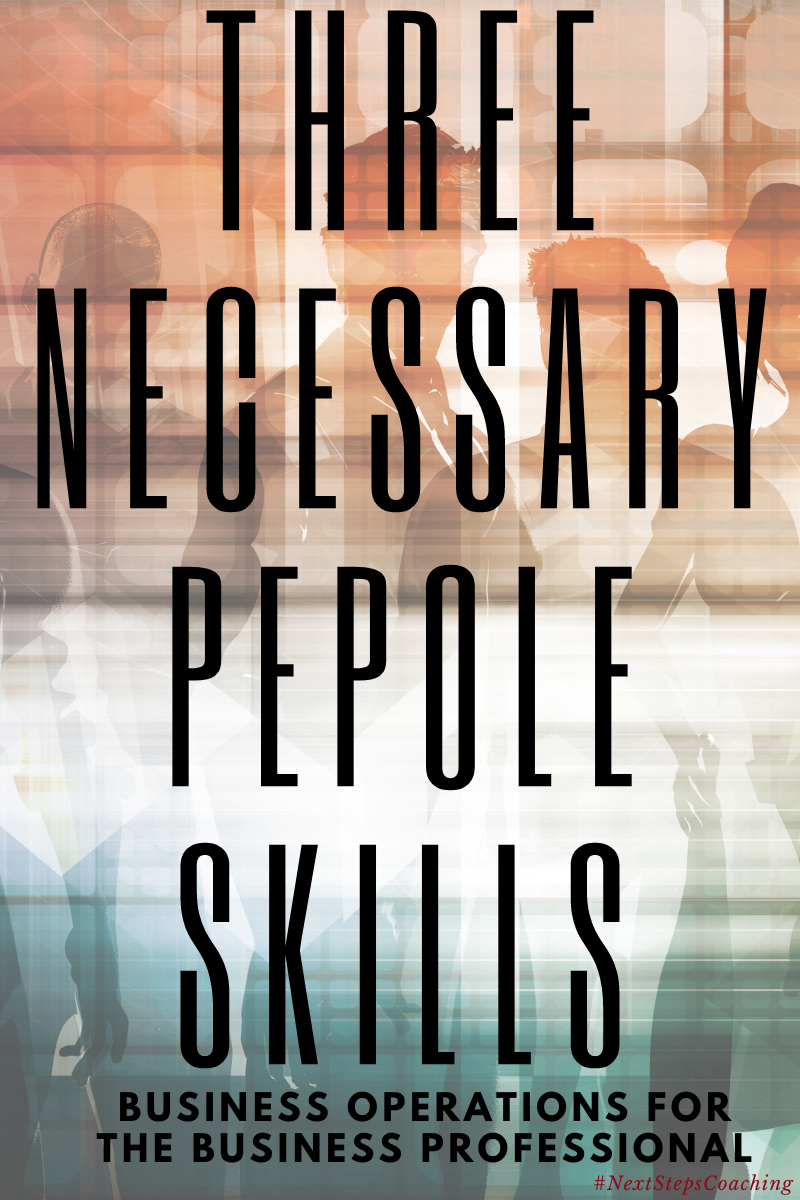
We’re continuing our look at Marcus Whitney’s Book Create and Orchestrate by examining what it means to have a strong sense of business operations.
If you missed any of the previous posts, don’t worry, links are at the bottom.
At its core, the purpose of operations is the indefatigable elimination of risk in the business.*
The Structure Of Business
The United States has a dizzying array of tax codes, legal standards, and licensing requirements for businesses. I’m not a tax professional, and I understand very little about the different structures and benefits to each different type of business entity.
What I do understand, however, is risk mitigation and people management.
Yes, creating the right entity matters.
Of course, you need to have insurance, file the proper paperwork, and utilize the right tax incentives.
But above all, it’s the measure of people’s development, conflict resolution, and personal investment that really shapes the future of your business.
Effective Business Operations Includes Substantial People Development
Years ago, I was coaching an individual that often touted his own leadership capabilities. He was convinced that both his ideas and his methods were right. It came as an absolute shock then when he was passed over for a promotion.
To hear that he didn’t play well with others, handled criticism poorly, and was developing a negative reputation in the organization truly came as a surprise to him.
Early on he expressed his anger and frustration. Everyone else’s inability to see his greatness was offensive. It was then that I asked him a fundamental question about his leadership. 
“Great leaders produce more leaders. Who are other people you’ve developed that would identify you as their main source of influence?”
He sat in silence for several minutes, ultimately unable to come up with a single name.
He was slowly beginning to realize the difference between ordering others with tasks and leading people effectively.
To his credit, he took the insight seriously and began to change. His method and approach to interacting with others improved greatly. He led his team more effectively and radically improved his leadership capabilities. As a result, his overall business operations improved. His happier (and more well-developed people) made for a better culture, which made for a better customer experience. Everyone won.
Your Key Three Takeaways
To effectively grow your business operations and, as a result, your overall business, you must, as they say, play well with others. Ultimately it will all come down to how well you invest in the people and culture of your organization. Here are three things for you to practice this week:
1.) Think Through the HR Logistics
One of the reasons businesses call me is because they sense that a change is needed in their HR policies. People are leaving. Customers are unhappy. Turnover is high. What’s going on? Most times, the business owner hires an employee but then stops the conversation. Outside of the occasional business meeting, there is little to no talk of promotion, a pay raise, or leadership development. If this is you, your business operations are in need of a serious overhaul. Start with people. End with people. Develop people at every step along the way. Think through those logistical questions and treat your employees with respect, trust, and goodwill. It goes farther than you think.
If you’d like some help with this, feel free to email me and we’ll set up a time to talk.
2.) Praise Publicly – Criticize Privately.
I almost wrote, “Don’t criticize.” It’s not that people don’t need to hear good, constructive feedback, it’s that it’s so often done poorly. Coach your people through problems. This gives them the opportunity to listen and learn from their mistakes by applying critical thinking to their own actions. The most effective way to change behavior is through good, insightful coaching.
On the positive side, be generous with public praise. I once worked with an employer that openly refused to praise their employees.
“I give them a paycheck, why should I praise them for doing their job?”
The short version of that story is that employee turnover was extraordinarily high and morale was constantly low.
Praise frequently and extravagantly.
Let someone know when they do a good job.
Better yet, make sure others know it as well.
3.) Win Relationships, Not Arguments
Several years ago, mired in a personal conflict with someone else, I learned a very harsh reality: If I win the argument but lose the relationship, I’ve lost everything.
I’m sad to say that I lost everything. My moments of weakness, poor leadership, and even worse conflict resolution ability cost me a friendship and ultimately a job. As a person in charge of business operations, this decision haunts me.
From that moment on, I was determined to never let it happen again. Since then, I’ve never been disappointed. Even when it means swallowing my pride or allowing the other person to be right (even if factually I am) it’s always been worth the extra effort and energy to win the relationship.
As a business owner or other leader, be sure to win relationships. With your employees, your customers, your superiors, and your community. Sacrifice the idol of always needing to be right and instead work towards always needing to be loving. Demonstrate grace, compassion, and empathy as a leader.
Eight Core Concepts
This list is updated as the blog series continues. Click on any live link to go to that post in the series.
* Whitney, Marcus. Create and Orchestrate: The Path to Claiming Your Creative Power from an Unlikely Entrepreneur (p. 69). Creative Power. Kindle Edition.